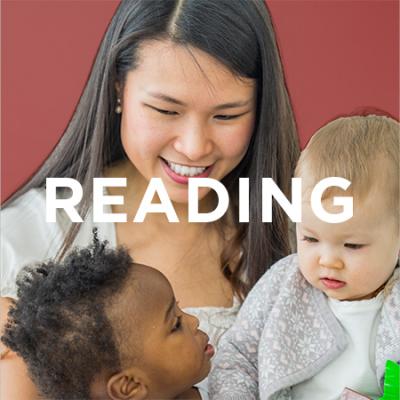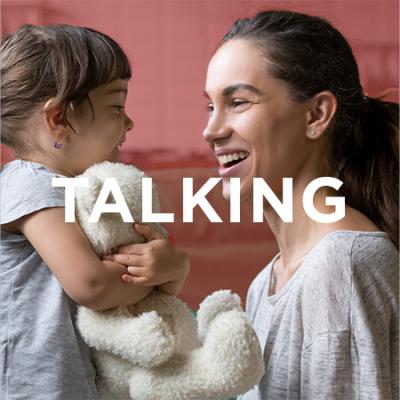1,000 Books Before Kindergarten is a nationally recognized reading program that promotes reading to newborns, infants and toddlers. This shared reading time encourages parent and child bonding and is beneficial for all. The Youth Services Department staff are all BIG supporters of shared reading time and offer you the opportunity to participate in 1,000 Books Before Kindergarten with us!
You can register your infant or toddler at Beanstack, track your books, and collect your own books to add to your home library. Families can participate in this while also participating in our winter and summer reading programs.
Track EVERY book you read, EVERY time you read it!











